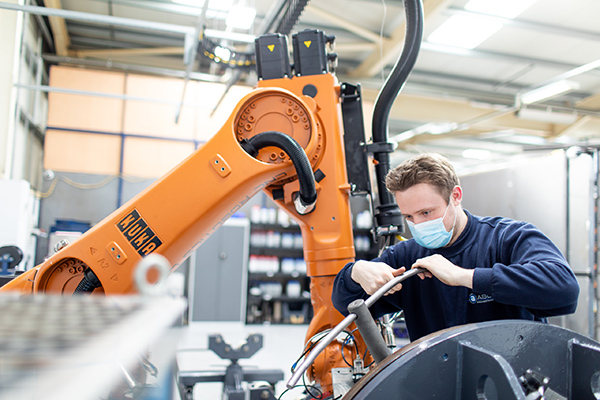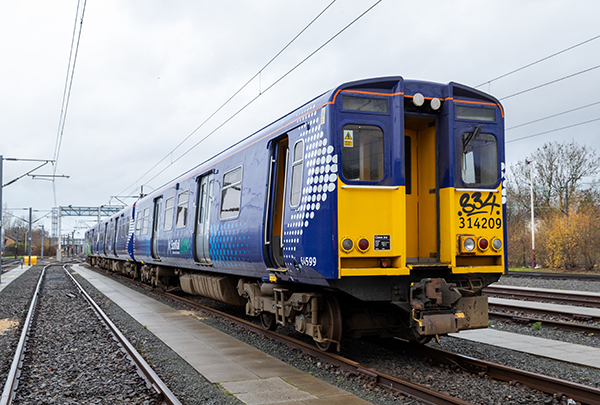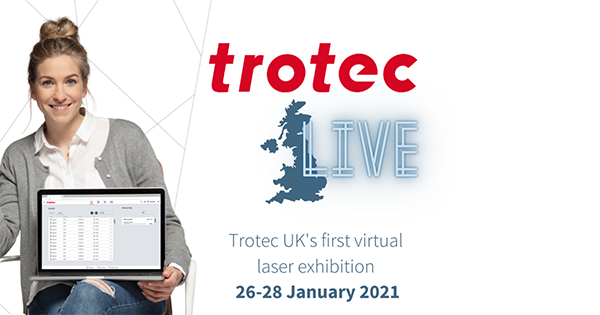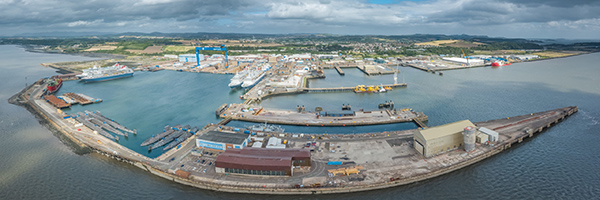
CNC Robotics, a system integrator specialising in the use of robots for machining, is one of 22 SMEs across the Liverpool City Region to receive part of the Metro Mayor’s £1.1m Future Innovation Fund. The Fund rewards businesses that have continued to innovate during the pandemic and so contribute to the area’s economic recovery.
The Future Innovation Fund will enable CNC Robotics to provide more systems to the manufacturing sector as it further expands its range. By developing an even more cost-effective product that is capable of machining a range of materials, CNC Robotics will be able to offer this solution to manufacturers across multiple industries. The company will also research whether other end effectors, including additive manufacturing printing heads, could be used to deliver a hybrid product that can both 3D print and machine.
For further information www.cncrobotics.co.uk























